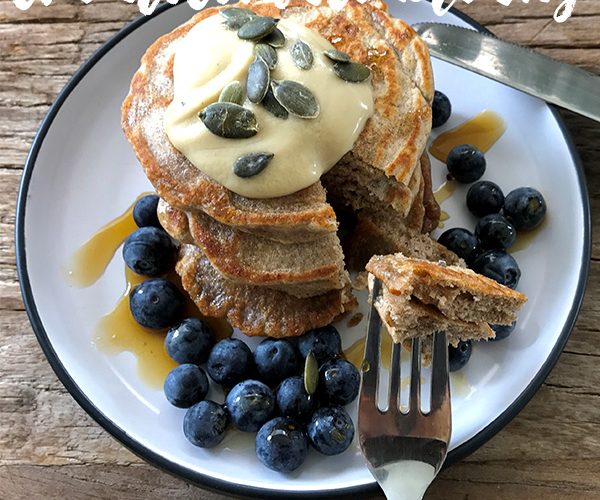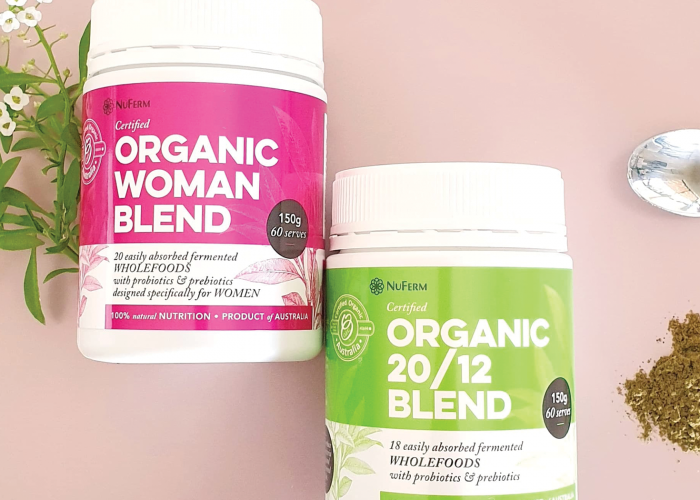
Do we control our moods or do our moods control us? Who is really in charge? Whilst there are many factors than can influence our moods such as our relationships, our environment or not feeling the best, drives chemical reactions that can in turn make us moody.
Good Moods V’s Bad Moods
Good moods and bad moods all drive different chemical responses and depending on our choice of reaction, will leave us with either a positive or negative affect on us. It is up to us to decide how we will allow these chemical reactions to dictate who we are.
Negative emotions can be responsible for releasing inflammation forming toxins and oxidation, speeding up the aging process. Negative responses can take us away from being the best version of ourself. This in turn can create poor appetite, weight loss or gain, insomnia and digestive issues as we churn over what we shouldn’t even allow to control our thought pattern.
On the other hand, positive emotions produce longevity hormones and responses that may assist to reduce pain, increase oxygen and reduce repair time, all by releasing healthy neurotransmitters and chemical reactions. One could say this puts us in the state of healthy, wealthy and wise. A much better place to be!
Chemical Reactions & Emotions
There are 4 main chemical reactions that contribute to our feeling of emotion, these including;serotonin, dopamine, adrenaline and oxytocin.
SEROTONIN
Responsible for your feelings of happiness! Whilst also assisting to regulate your sleep cycle and appetite. When you have a good level of serotonin you feel emotionally stable with a sense of calmness. Most of the serotonin in our body can actually be found in the gut, not the brain!
We can naturally increase the serotonin levels in the body through many methods including;
- Food – bananas, chickpeas, eggs, leafy greens, nuts/seeds, oily fish, probiotics/fermented foods are all good sources that naturally contain serotonin.
- Sunshine – sunlight boosts your vitamin D levels which is needed for serotonin production. Not getting enough sunlight is thought to be linked to people experiencing depression. Seasonally affective disorder (SAD) a type of depression that’s related to long periods of no sunlight.
- Exercise – Regular physical activity boosts serotonin levels .
- Massage – has been shown to release serotonin and decrease the stress hormone cortisol.
DOPAMINE
Known as the feel good neurotransmitter and assists to control your mood! Dopamine allows you to feel pleasure, satisfaction and motivation. We can boost dopamine level naturally by:
- Increasing exercise. Studies have shown that practicing yoga for 1 hour a day, 6 days a week significantly increased dopamine levels (ref)
- Get a good nights rest: try avoiding any screen time before bed and ensure you are getting adequate sleep.
- Increase protein intake: The amino acid tyrosine plays an important role in the production of dopamine.
- Meditate: reduce stress and anxiety through meditation which has been shown to increase dopamine levels.
ADRENALINE
Responsible for the bodies fight or flight response. When quickly released it is known as an adrenaline rush which some may enjoy. Long term stimulation of the adrenals can lead to chronic fatigue and kidney issues.
OXYTOCIN
Otherwise known as the love hormone! It promotes, love, trust and empathy. Oxytocin isn’t fully understood but what is thought is that it may help assist social anxiety, depression and anger. The love hormone is produced when we do things that improve our mood or bring us pure happiness! Oxytocin is used by the body largely during childbirth and breastfeeding.
Our Emotional Choices Create Our Life
If you are finding your overall mood is not where you want it to be could you increase any of these tips to boost a particular reaction naturally? For example if you are feeling low, poor memory and issues sleeping you may just need a boost of serotonin to stablish your emotions and give you higher levels of energy and focus.
Gratitude: reduces the inflammatory response
Love: Lowers blood pressure
Our emotional choices can create our life, to understand more have a read of Robert Emmons study on Emotions + Health or Illness.






